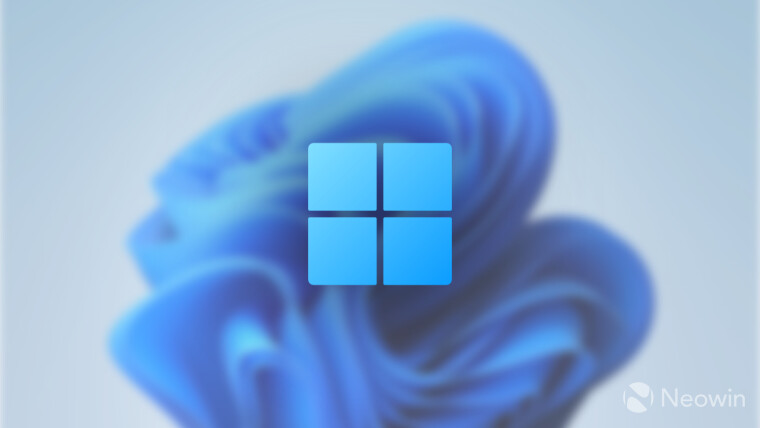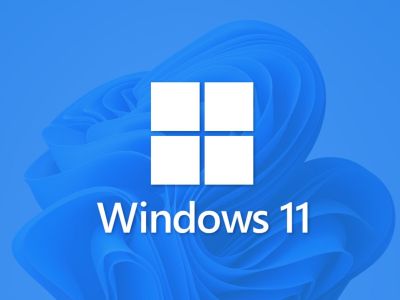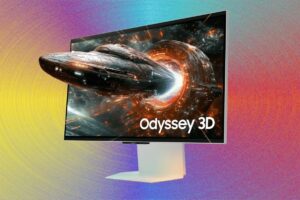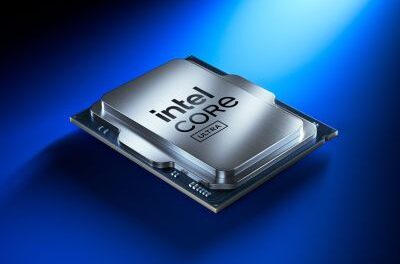Microsoft has released an optional KB5041587 update for Windows 11 (builds 22H2 and 23H2). It not only fixes a number of known bugs but also adds several useful features to the OS designed to improve the user experience of PC owners.

The most notable innovation is the Windows Share feature, which allows you to share content on your Android device in the Share window interface. In addition, the performance of Narrator and the voice input function (the latter can now write characters dictated by letters) have been significantly improved. These features have already been rolled out in several regions and should soon be generally available.
At the same time, bugs were fixed in the focus of the Narrator and other screen reader applications, as well as a bug that prevented the search form from being launched by the Ctrl+F keyboard shortcut.
Windows 11 is the latest major release of Microsoft‘s Windows NT operating system, released on October 5, 2021. It succeeded Windows 10 (2015) and is available for free for any Windows 10 devices that meet the new Windows 11 system requirements.
Windows 11 features major changes to the Windows shell influenced by the canceled Windows 10X, including a redesigned Start menu, the replacement of its “live tiles” with a separate “Widgets” panel on the taskbar, the ability to create tiled sets of windows that can be minimized and restored from the taskbar as a group, and new gaming technologies inherited from Xbox Series X and Series S such as Auto HDR and Direct Storage on compatible hardware.
Internet Explorer (IE) has been replaced by the Chromium-based Microsoft Edge as the default web browser, like its predecessor, Windows 10, and Microsoft Teams is integrated into the Windows shell. Microsoft also announced plans to allow more flexibility in software that can be distributed via the Microsoft Store and to support Android apps on Windows 11 (including a partnership with Amazon to make its app store available for the function).
Citing security considerations, the system requirements for Windows 11 were increased over Windows 10; Microsoft only officially supports the operating system on devices using an eighth-generation Intel Core CPU or newer (with some minor exceptions), a second-generation AMD Ryzen CPU or newer, or a Qualcomm Snapdragon 850 ARM system-on-chip or newer, with UEFI and Trusted Platform Module (TPM) 2.0 supported and enabled.
Although, there are some exceptions to these requirements (see § System requirements for details). While the OS can be installed on devices with unsupported configurations, Microsoft does not guarantee the availability of updates. Furthermore, Windows 11 completely removes support for 32-bit CPUs, including both 32-bit x86 and 32-bit ARM processors, ensuring compatibility only with 64-bit x86-64 and ARM64 processors.
Windows 11 received a mixed reception at launch. Pre-release coverage of the operating system focused on its stricter hardware requirements, with discussions over whether they were legitimately intended to improve the security of Windows, or as a ploy to upsell customers to newer devices, and over the e-waste associated with the changes. Upon release, it was praised for its improved visual design, window management, and stronger focus on security,
But was criticized for various modifications to aspects of its user interface that were seen as worse than its predecessor; some were seen as an attempt to dissuade users from switching to competing applications. Additionally, some users have pointed out disadvantages such as the removal of features like the ability to move the taskbar and increased system requirements that may exclude older devices.
As of November 2024, Windows 11, accounting for 35% of Windows installations worldwide, is the second most popular Windows version in use, with its predecessor Windows 10 still being the most used version in virtually all countries (with Guyana being an exception, where Windows 11 is the most used), with it globally at over 2 times the market share. Windows 11 has an estimated 23% share of all PCs (the rest being other Windows editions and other operating systems such as macOS and Linux), and an estimated 8.6% share of all devices (including mobile, tablet and console) are running Windows 11.
To comply with the Digital Markets Act, Microsoft is allowing users in the European Economic Area to remove the Microsoft Edge browser, Microsoft Bing search engine, and advertisements to comply with users’ interests.














